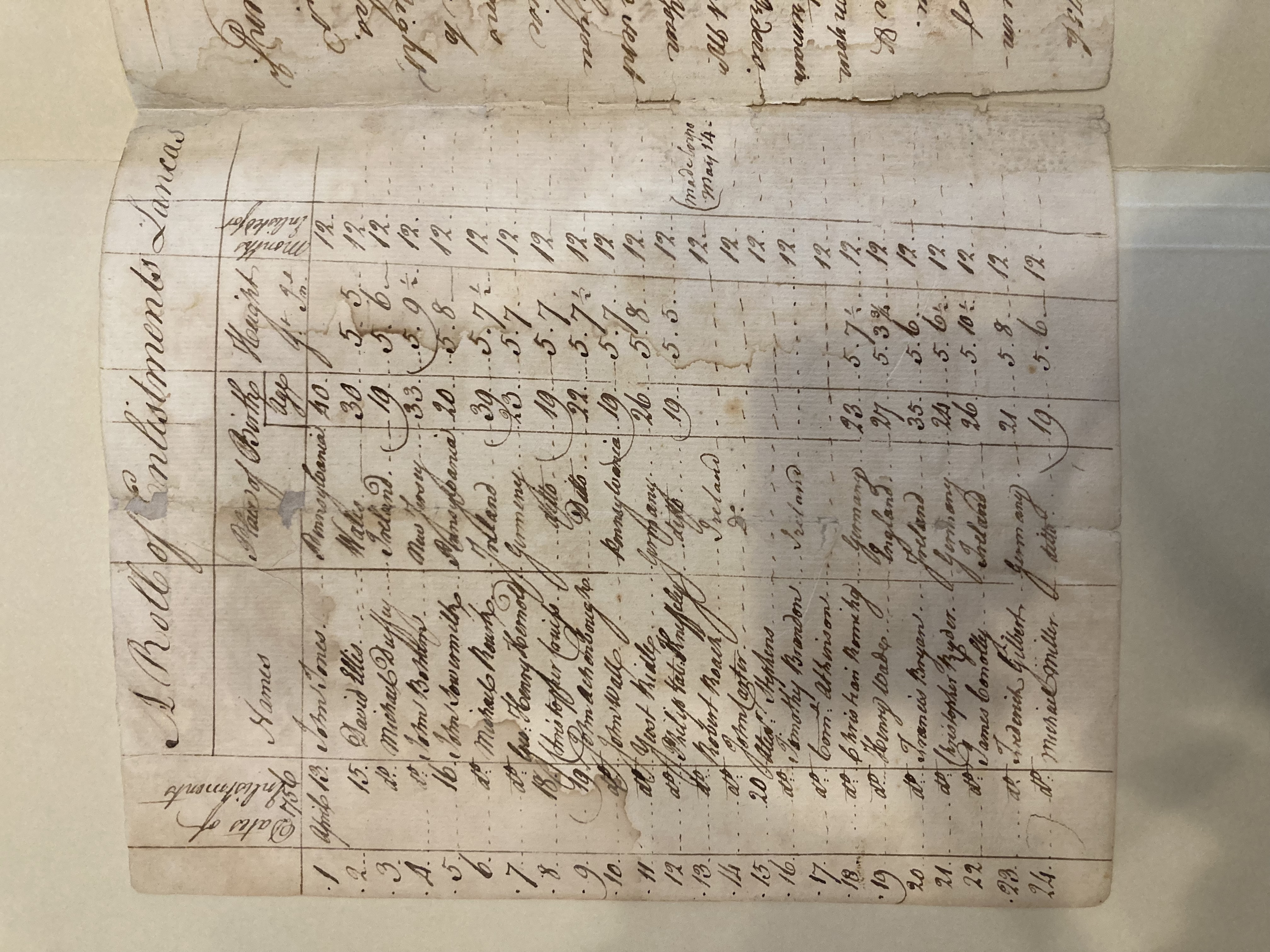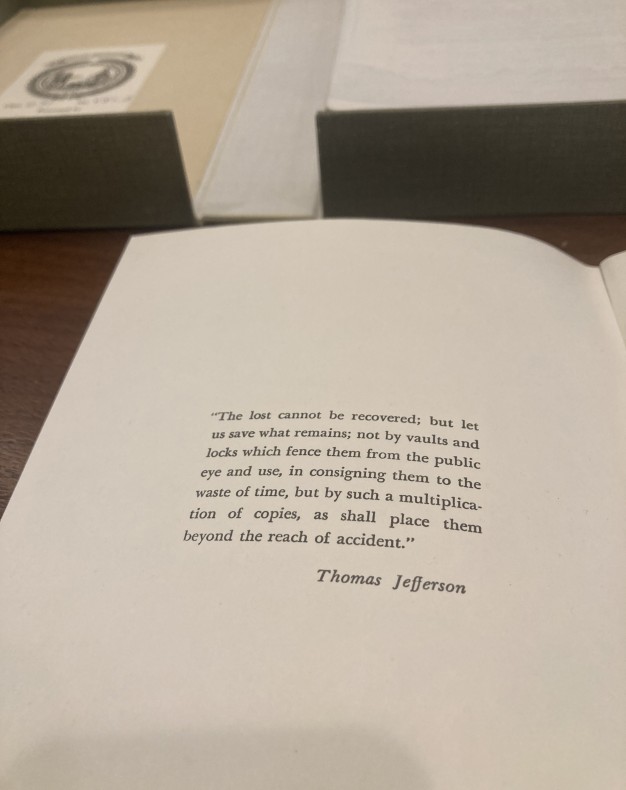European Origins, American Lives?
Historians of Britain, Ireland, and early America have approached the imperial crisis of the late 18th century from a number of angles, seeking to diagnose the causes of imperial fracture, the American Revolution, and a similar, if somewhat toned down, reaction in Ireland. Despite significant differences in interpretation, there is a general consensus that one important cause was an imperial project of integration initiated in the aftermath of the Seven Years War. This project exposed the complexities and uncertainties of a constitutional and legislative arrangement that had come into being over time in an entirely unsystematic way. Different explanations have been offered for why these reform measures resulted in an empire-altering crisis when they did. In my project, Revolutionary Currents: Newspapers, Publicity, and the Imperial Public Sphere, I argue that the news factored in the timing of these events. Indeed, by inviting political communities in different parts of empire in a new kind of shared conversation about what empire should look like in the 1760s, the news contributed to the destabilization of empire and very different kinds of political union in Ireland and the American colonies in the years that followed.
My time at the American Philosophical Society allowed me to gain new insights into these processes, as I was able to look at a number of collections that related directly to the period of the imperial crisis, including the David Hall Papers, the Richard Henry Lee Papers, the Edward Shippen Papers and Letters, the Ebenezer Hazard Papers, the Sir George Savile Papers, the Thomas Penn Papers, the William Franklin Papers, the Jacob Hiltzheimer Diaries, the Broadside Collection, and the Pennsylvania Stamp Collection, to name just a few. The most interesting thing that I found in these collections was general rather than specific, and this is the way that many of them, and many of the letters, journals, broadsides, and pamphlets in them, speak to the connectedness of lives lived in the Atlantic world in the late 18th century. For example, see the image below, ‘A Roll of Enlistments’, which was included in a letter from Joseph Shippen to Ensign Cartland during the Seven Years War in 1756.

The fascinating thing about this list is that well over half of the recruits listed here were born in Europe. Indeed, ten of the twenty-four originally hailed from Ireland, nine from Germany, and one from Wales. This should raise questions, as these men had experiences on both sides of the Atlantic. How did their European origins inform the choices they made and factor in developments in the American colonies and eventually in the early republic of the United States? Whatever the case, their presence should alert us to the fact that the story of the American Revolution is complex, as is the story of those who made it. The collections of the APS, and the David Center of the American Revolution, tell this story and present researchers with an incredibly rich vein for research.

